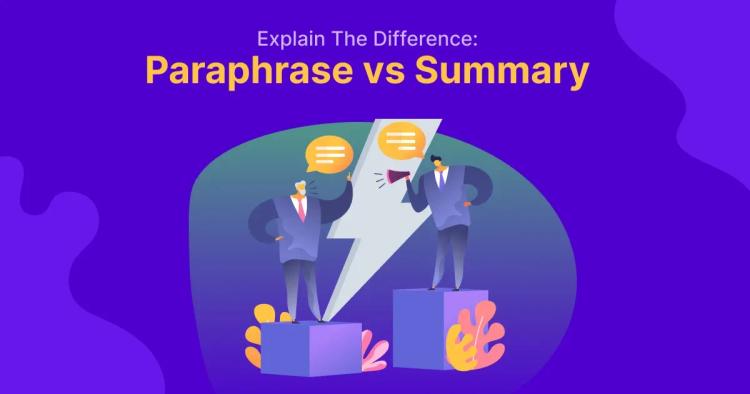In the digital age, where content creation and consumption are at an all-time high, the demand for unique and engaging content has become paramount.
As a result, article rewriter tools have gained popularity among writers and content creators looking to streamline their workflow and produce content quickly.
These tools utilize algorithms and language processing techniques to rewrite existing content, generating new versions while maintaining the original meaning. However, the rise of article rewriter tools has also sparked a heated debate about their ethical implications.
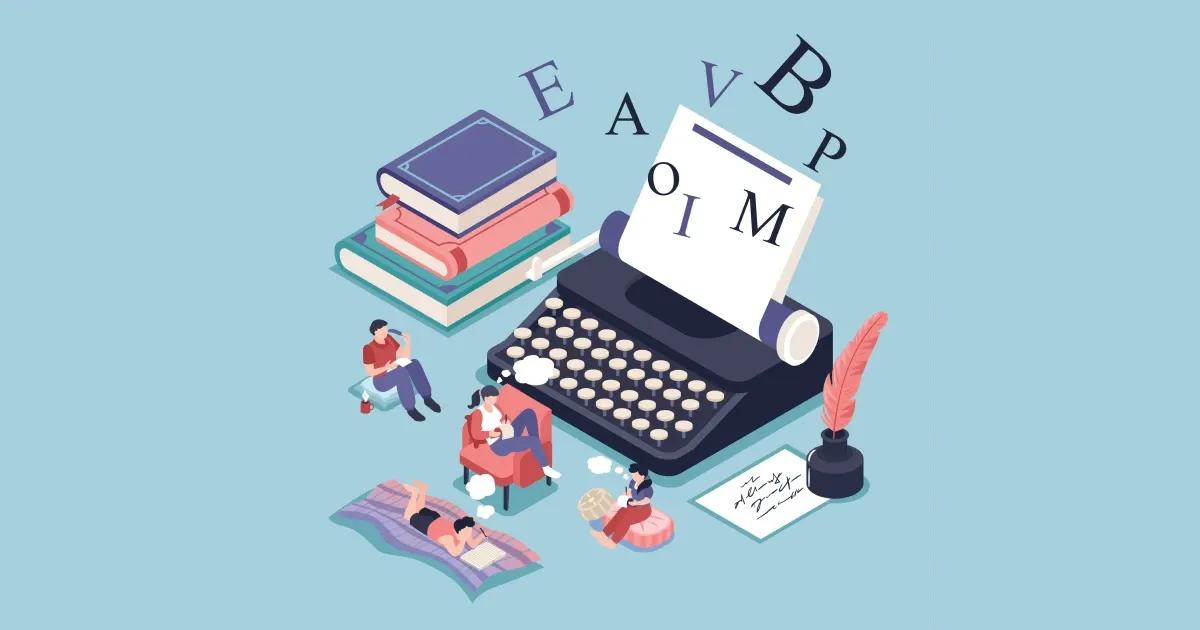
The importance of discussing the ethical implications
Ethics plays a crucial role in every aspect of our lives, including the field of writing and content creation. When it comes to article rewriter tools, it becomes imperative to question their impact on various factors, such as intellectual property rights, originality, and the overall quality of the content produced.
ᴀᴅᴠᴇʀᴛɪsᴇᴍᴇɴᴛBy examining the ethical considerations associated with article rewriter tools, we can better understand their implications and make informed decisions about their usage.
Pros and Cons of Article Rewriter Tools
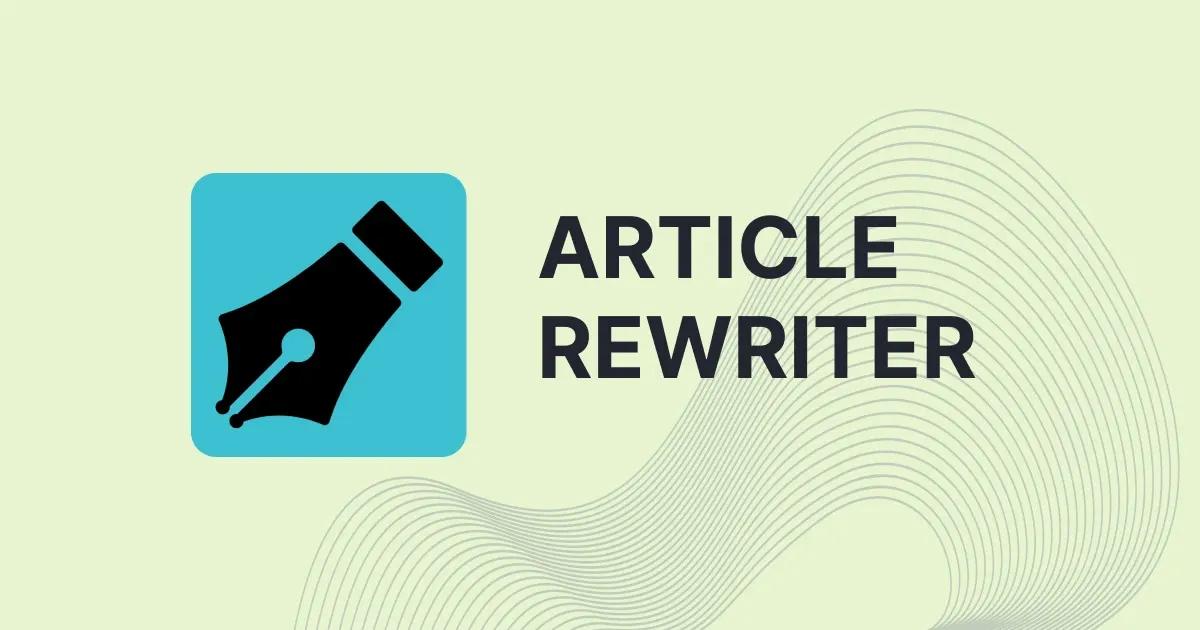
The benefits of using article rewriter tools
Article rewriter tools offer several advantages to writers and content creators. Firstly, they save time by automating the rewriting process, allowing users to generate multiple versions of an article quickly.
Secondly, these tools can help overcome writer's block or provide inspiration by presenting alternative phrasing and sentence structures.
Lastly, article rewriter tools can assist non-native English speakers or individuals with limited writing skills to produce content that reads more fluently and naturally.
The limitations and drawbacks of relying on such tools
Despite the benefits, article rewriter tools come with their fair share of limitations. One major drawback is the potential loss of coherence and clarity in the rewritten content.
While the tools may produce grammatically correct sentences, the flow of ideas and logical structure may be compromised, resulting in poorly structured and confusing content.
Additionally, these tools often struggle with understanding context, leading to inaccuracies and nonsensical phrases. Relying solely on article rewriter tools can also result in a lack of personal touch and voice in the content, making it feel robotic and devoid of personality.
Balancing efficiency with quality: Is it possible?
Finding a balance between efficiency and quality is crucial when using article rewriter tools. While these tools offer time-saving benefits, it is essential to invest effort in reviewing and editing the generated content.
Human intervention is necessary to ensure coherence, clarity, and accuracy. By carefully reviewing and refining the rewritten content, writers can maintain a high level of quality while still benefiting from the efficiency of article rewriter tools.
ᴀᴅᴠᴇʀᴛɪsᴇᴍᴇɴᴛEthical Considerations of Article Rewriter Tools
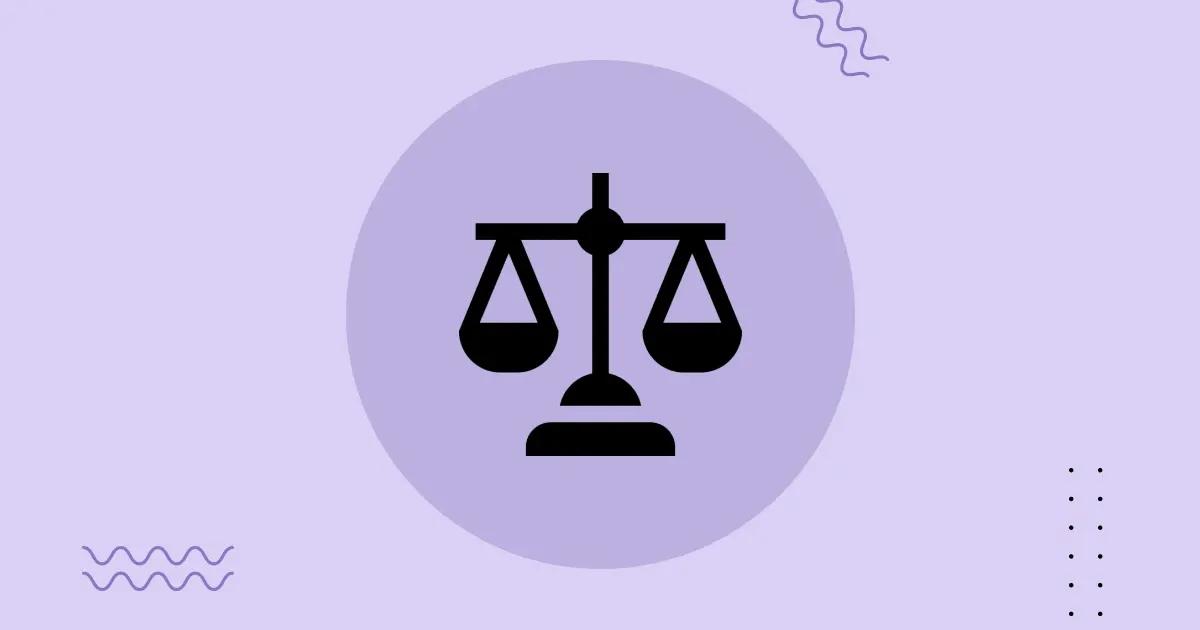
Intellectual property and copyright concerns
One of the primary ethical concerns surrounding article rewriter tools revolves around intellectual property and copyright.
When an article is rewritten, it raises questions about the ownership of the new version. In many cases, the original author's work is utilized without permission or proper attribution, potentially infringing upon their intellectual property rights.
This raises ethical dilemmas and legal implications, as the original author deserves credit and recognition for their work.
Maintaining originality and authenticity in content
Article rewriter tools, by their very nature, create content that is derived from existing sources. While the tools aim to paraphrase and rephrase the content, there is always a risk of producing content that lacks originality and authenticity.
In an era where original and unique content is highly valued, using article rewriter tools can undermine the principles of creativity and original thought.
It is important to consider the ethical implications of producing content that is merely a modified version of existing work.
The risk of producing low-quality and misleading information
Another ethical concern is the potential for article rewriter tools to produce low-quality and misleading content. These tools rely on algorithms and patterns, often leading to inaccuracies or incorrect interpretations of the original text.
The resulting content may be factually incorrect, misrepresent information, or even promote misinformation. In an era where misinformation spreads rapidly, it is essential to ensure that the content we produce is accurate, reliable, and of high quality.
The Impact on Writing Skills and Creativity
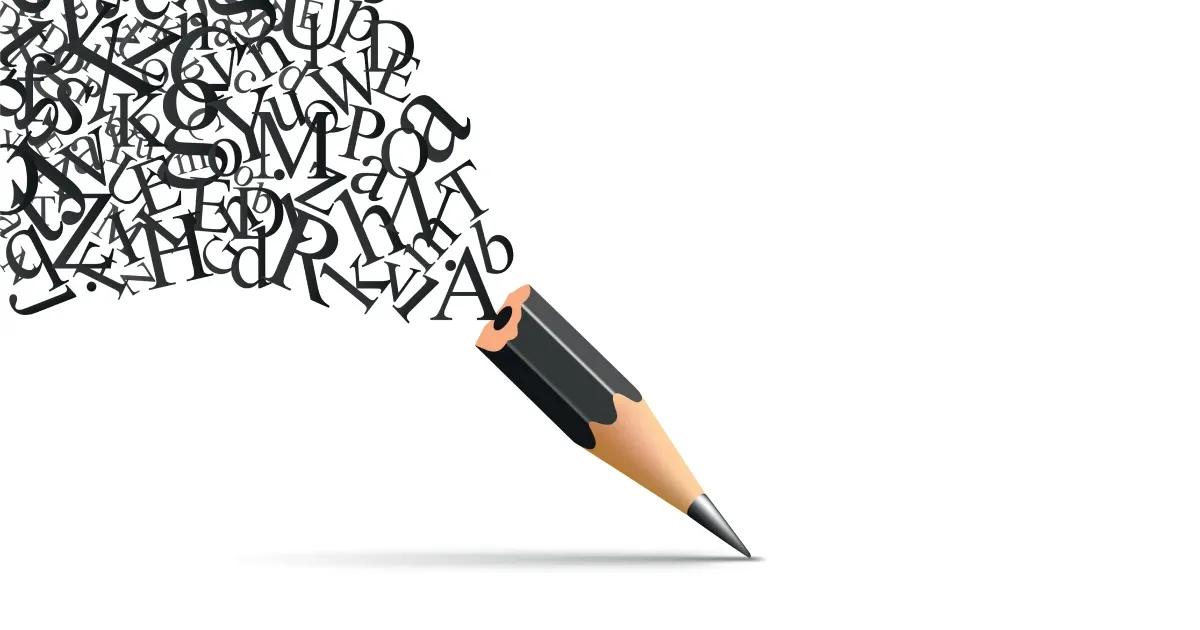
The potential negative effects on writing proficiency
Relying heavily on article rewriter tools can have a detrimental impact on a writer's proficiency and growth. Writing is a skill that develops through practice, critical thinking, and the exploration of different writing styles.
By relying on automated tools to rewrite content, writers may miss out on the opportunity to enhance their writing skills.
Over time, this dependency can hinder the development of essential writing abilities, such as crafting original ideas, structuring coherent arguments, and engaging readers effectively.
ᴀᴅᴠᴇʀᴛɪsᴇᴍᴇɴᴛThe stifling of creativity and original thought
Creativity and original thought are fundamental aspects of the writing process. However, article rewriter tools tend to restrict creativity by providing formulaic approaches to content creation.
These tools often prioritize replacing words and phrases with their synonyms, rather than encouraging writers to think critically and explore unique perspectives.
By relying on automated tools, writers may inadvertently limit their creative potential and produce content that lacks uniqueness and personal flair.
Fostering a culture of laziness and shortcuts
Article rewriter tools can contribute to a culture of laziness and shortcuts in the writing community. Instead of investing time and effort into conducting thorough research and crafting original content, writers may opt for the easy way out by relying on automated tools.
This mindset can lead to a devaluation of the writing process and a diminished sense of pride in one's work. It is important to foster a culture that promotes hard work, dedication, and the pursuit of excellence in writing.
The Role of Article Rewriter Tools in Academic Writing

Article rewriter tools pose significant challenges to academic integrity. In academic settings, the originality of ideas and proper citation of sources are critical components of ethical writing.
Using article rewriter tools to generate academic content can lead to unintentional plagiarism, as the tools may not adequately rephrase or attribute the sources.
Academic institutions place a strong emphasis on upholding integrity, and the use of article rewriter tools may be considered a violation of academic honesty policies.
Plagiarism detection and the challenges it poses
With the growing popularity of article rewriter tools, plagiarism detection has become more challenging. These tools often produce content that is difficult to detect using traditional plagiarism detection software.
The rephrased content may pass plagiarism checks, as the tools modify the text enough to evade detection. This presents a significant ethical challenge, as it becomes increasingly difficult to identify and penalize individuals who rely on article rewriter tools to produce plagiarized content.
ᴀᴅᴠᴇʀᴛɪsᴇᴍᴇɴᴛEducational institutions' stance on article rewriter tools
Many educational institutions discourage or outright prohibit the use of article rewriter tools. These institutions prioritize the development of critical thinking, research skills, and originality in their students' work.
By discouraging the use of article rewriter tools, educational institutions aim to uphold academic integrity and ensure that students engage in ethical writing practices.
Students need to understand the ethical implications of using such tools and the potential consequences they may face if caught.
CopyChecker Plagiarism Checker: An Alternative Solution

As the ethical concerns surrounding article rewriter tools continue to grow, alternative solutions that prioritize originality and integrity are gaining traction. One such solution is CopyChecker's plagiarism checker.
CopyChecker is a robust plagiarism detection tool that goes beyond traditional methods. It utilizes advanced algorithms and linguistic analysis to detect instances of plagiarism, even in content that has been heavily rephrased or modified.
How CopyChecker works and its benefits
CopyChecker operates by comparing submitted content against a vast database of sources, including academic journals, books, and online publications. The tool employs sophisticated algorithms to identify similarities, even if the content has undergone significant paraphrasing.
CopyChecker provides detailed reports highlighting instances of potential plagiarism, allowing writers to review and revise their work before submission.
By using CopyChecker, writers can ensure the originality and integrity of their content while avoiding the ethical pitfalls associated with article rewriter tools.
Promoting ethical content creation and originality
CopyChecker promotes ethical content creation by emphasizing the importance of originality and proper citation. By encouraging writers to engage in critical thinking, conduct thorough research, and attribute their sources correctly, CopyChecker helps foster a culture of integrity and authenticity.
This tool serves as a valuable resource for writers who strive to produce high-quality, original content while adhering to ethical standards.
FAQs
Are article rewriter tools illegal?
No, article rewriter tools themselves are not inherently illegal. However, their usage can potentially infringe upon intellectual property rights if original content is used without proper permission or attribution.
It is important to use these tools responsibly and ensure that the resulting content respects copyright laws and ethical standards.
Can article rewriter tools guarantee plagiarism-free content?
Article rewriter tools cannot guarantee plagiarism-free content. While they aim to rephrase and modify existing content, there is always a risk of unintentional plagiarism or the production of content that closely resembles the source.
It is crucial to review and edit the output of these tools thoroughly and use additional plagiarism detection tools to ensure the integrity of the content.
Are article rewriter tools suitable for academic writing?
Article rewriter tools are generally discouraged in academic writing. Academic institutions prioritize originality, critical thinking, and proper citation. Using article rewriter tools may result in unintentional plagiarism and can be considered a violation of academic integrity policies.
It is best to rely on proper research, critical analysis, and citation practices when engaging in academic writing.
Can article rewriter tools completely replace human writers?
Article rewriter tools cannot completely replace human writers. While these tools can assist in generating alternative versions of content quickly, they lack the creativity, critical thinking, and nuanced understanding of human writers.
Human intervention is necessary to ensure coherence, clarity, and the infusion of personal voice and style into the content.
How can I ensure ethical content creation without relying on article rewriter tools?
To ensure ethical content creation, it is essential to prioritize originality, thorough research, critical thinking, and proper citation practices.
Engage in in-depth research, draw from diverse sources, and provide proper attribution to avoid unintentional plagiarism. Utilizing plagiarism detection tools like CopyChecker can also help in maintaining ethical standards and ensuring the authenticity of your content.
ᴀᴅᴠᴇʀᴛɪsᴇᴍᴇɴᴛConclusion
The ethical implications of article rewriter tools are multifaceted and complex. While these tools offer efficiency and convenience, they also raise concerns about intellectual property, originality, and the overall quality of the content produced.
Furthermore, the impact on writing skills, creativity, and academic integrity cannot be ignored. It is crucial for writers and content creators to carefully consider the ethical implications of using article rewriter tools and explore alternative solutions that prioritize originality, authenticity, and responsible content creation.
By making conscious choices and upholding ethical standards, we can ensure that the content we produce reflects our values and contributes positively to the digital landscape.





